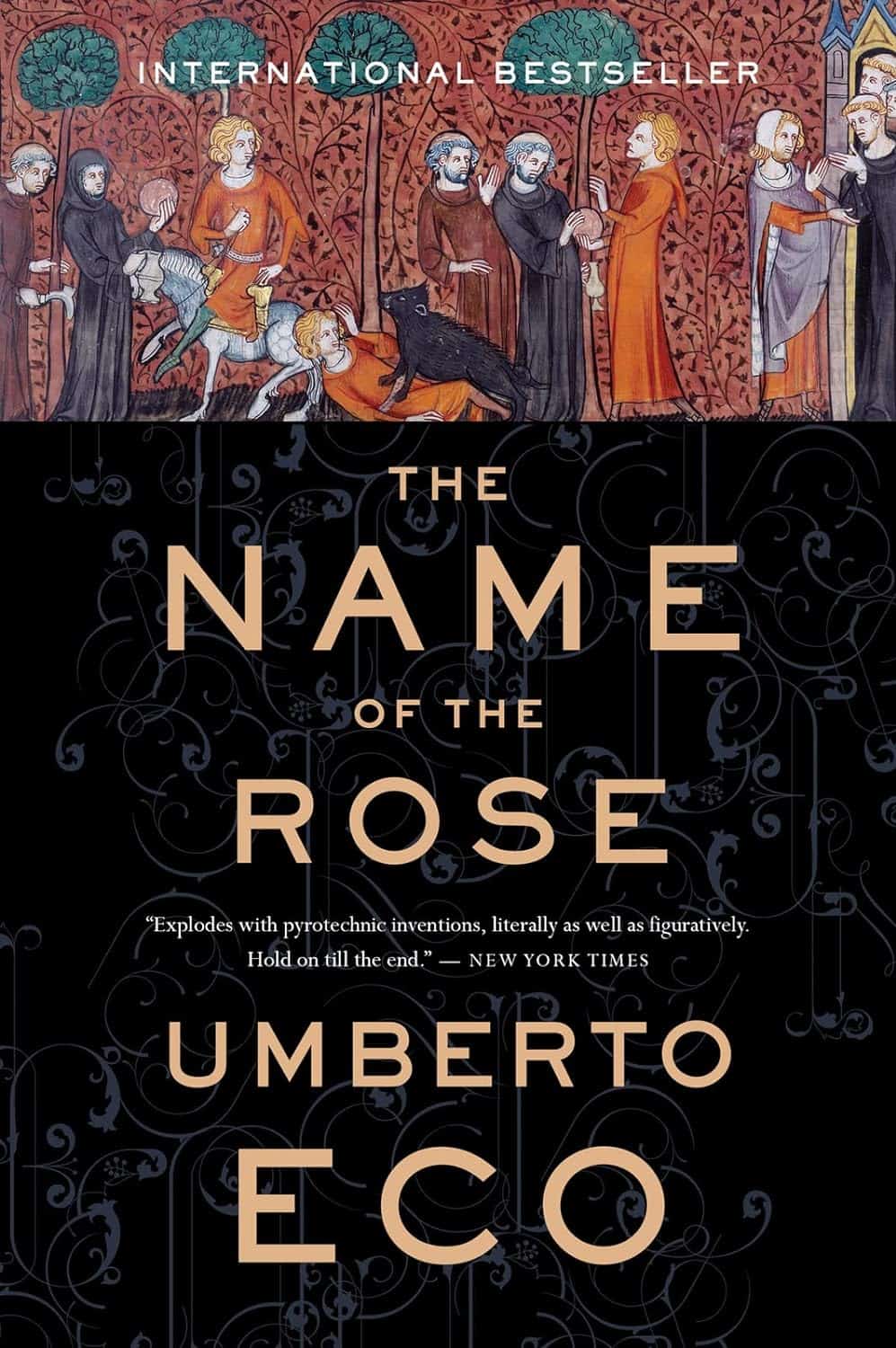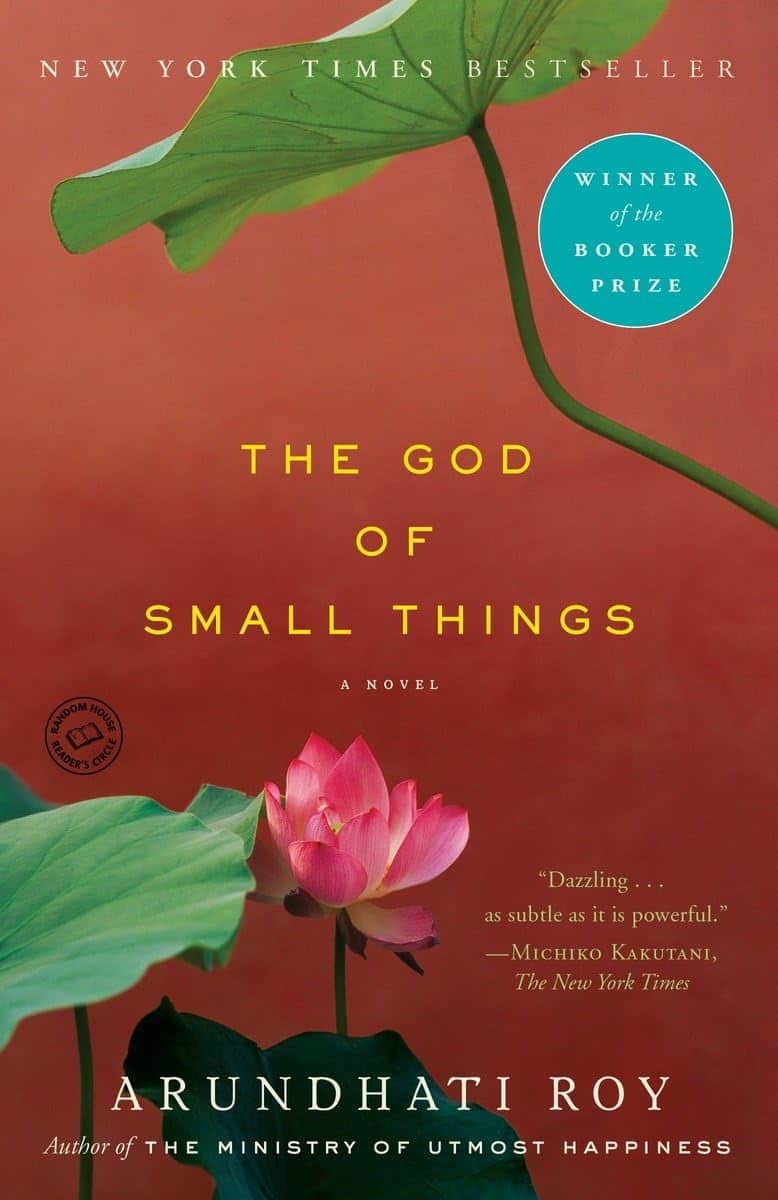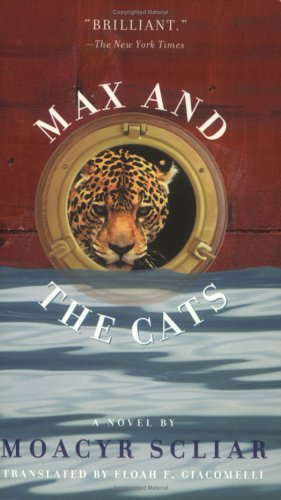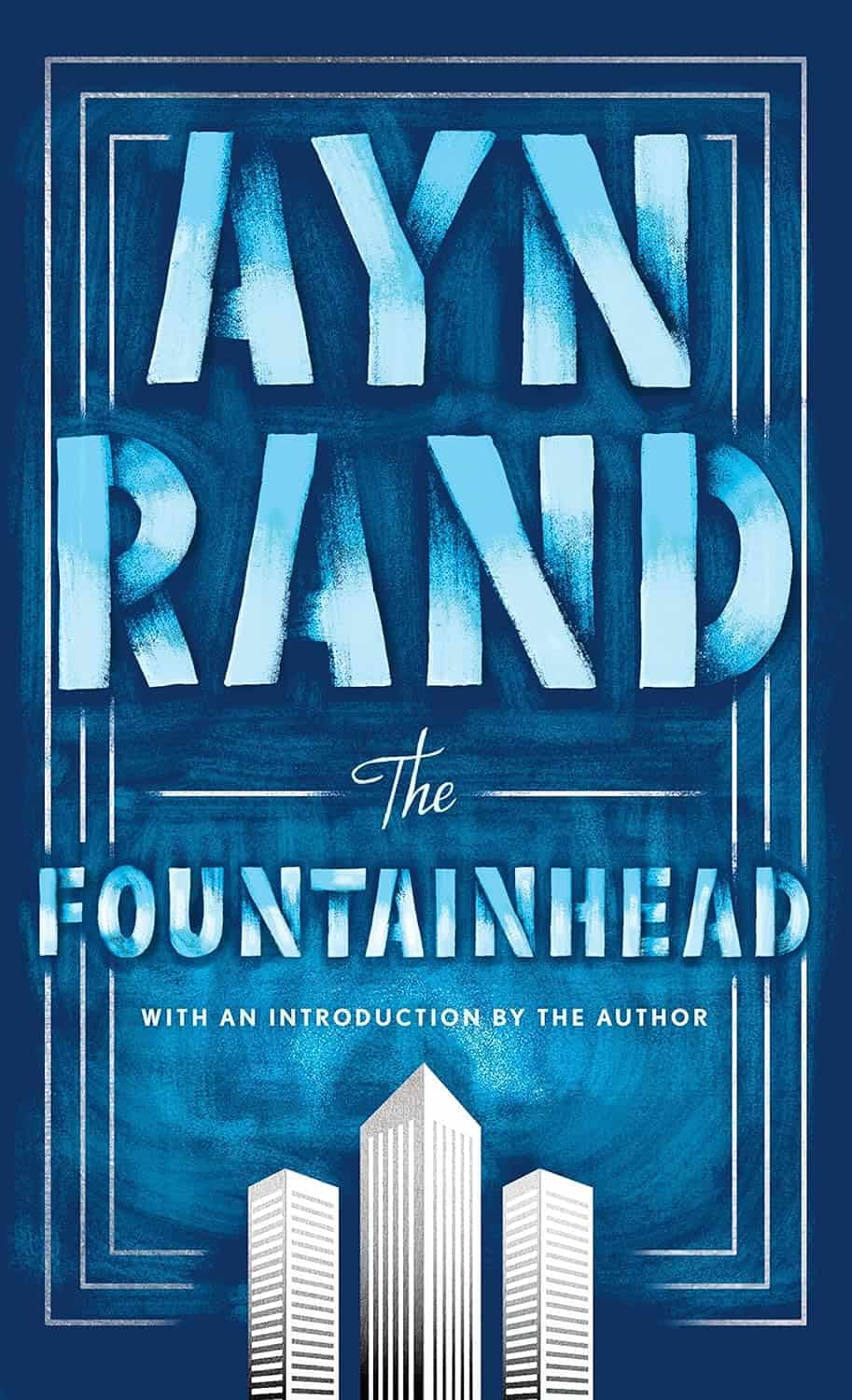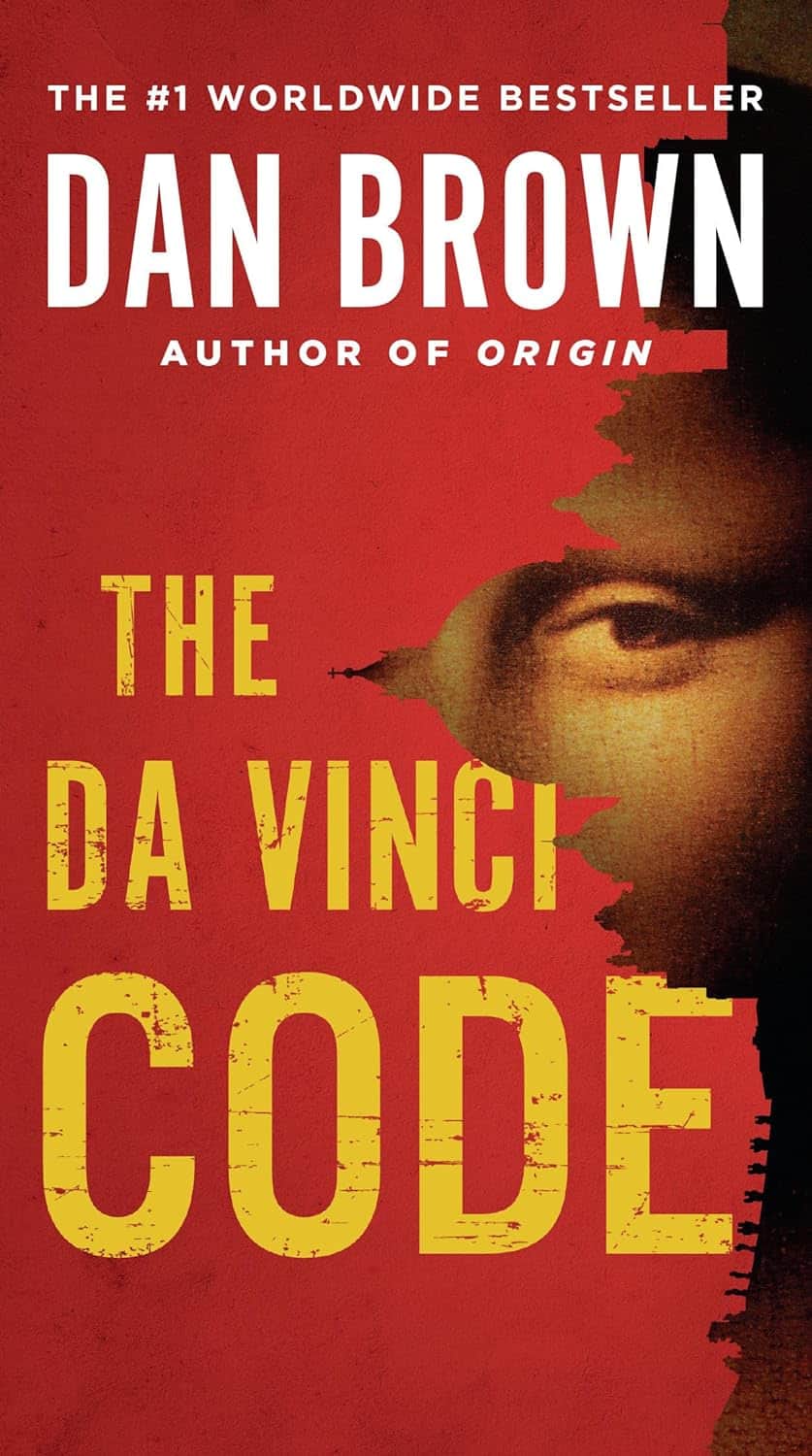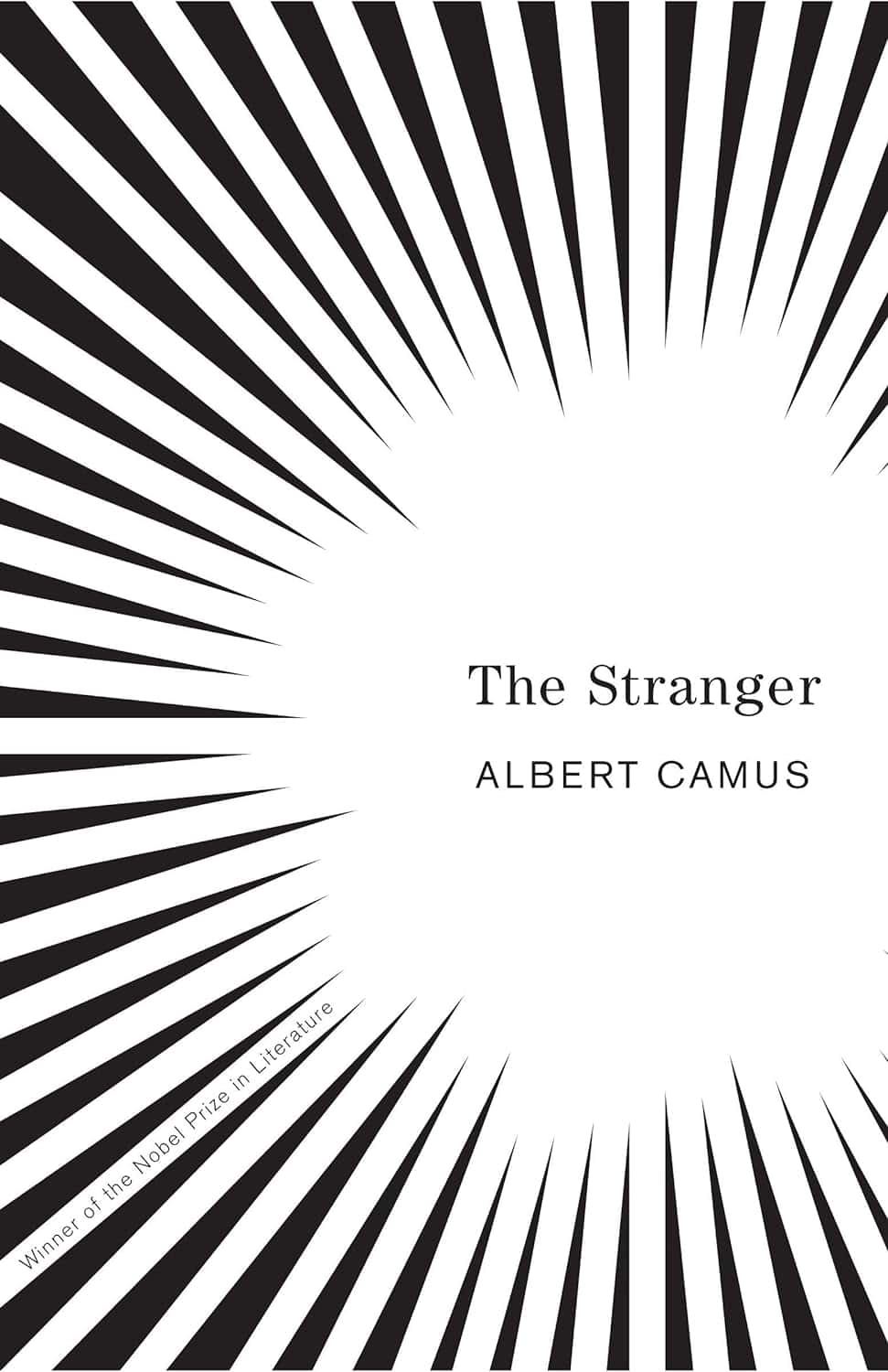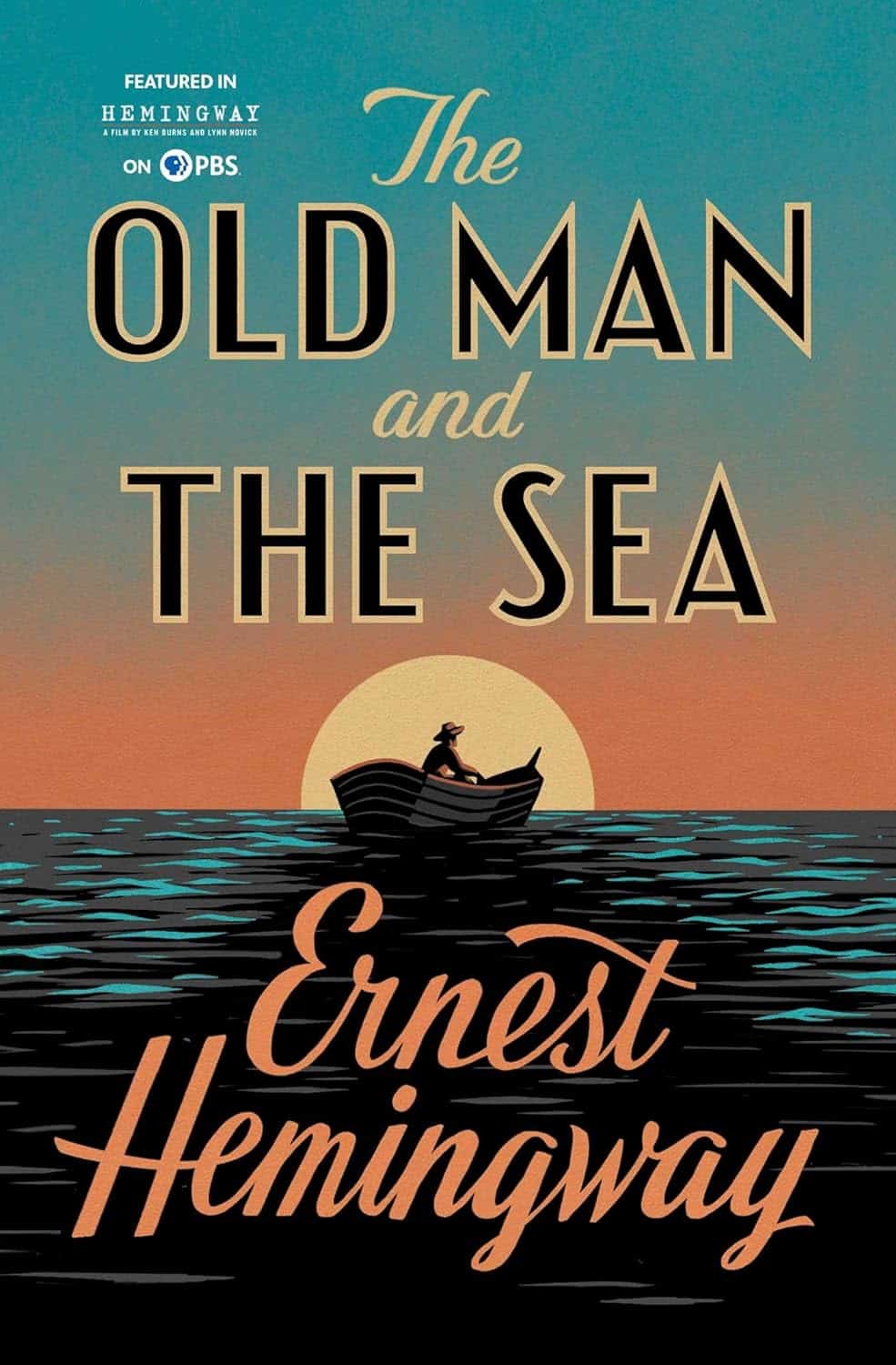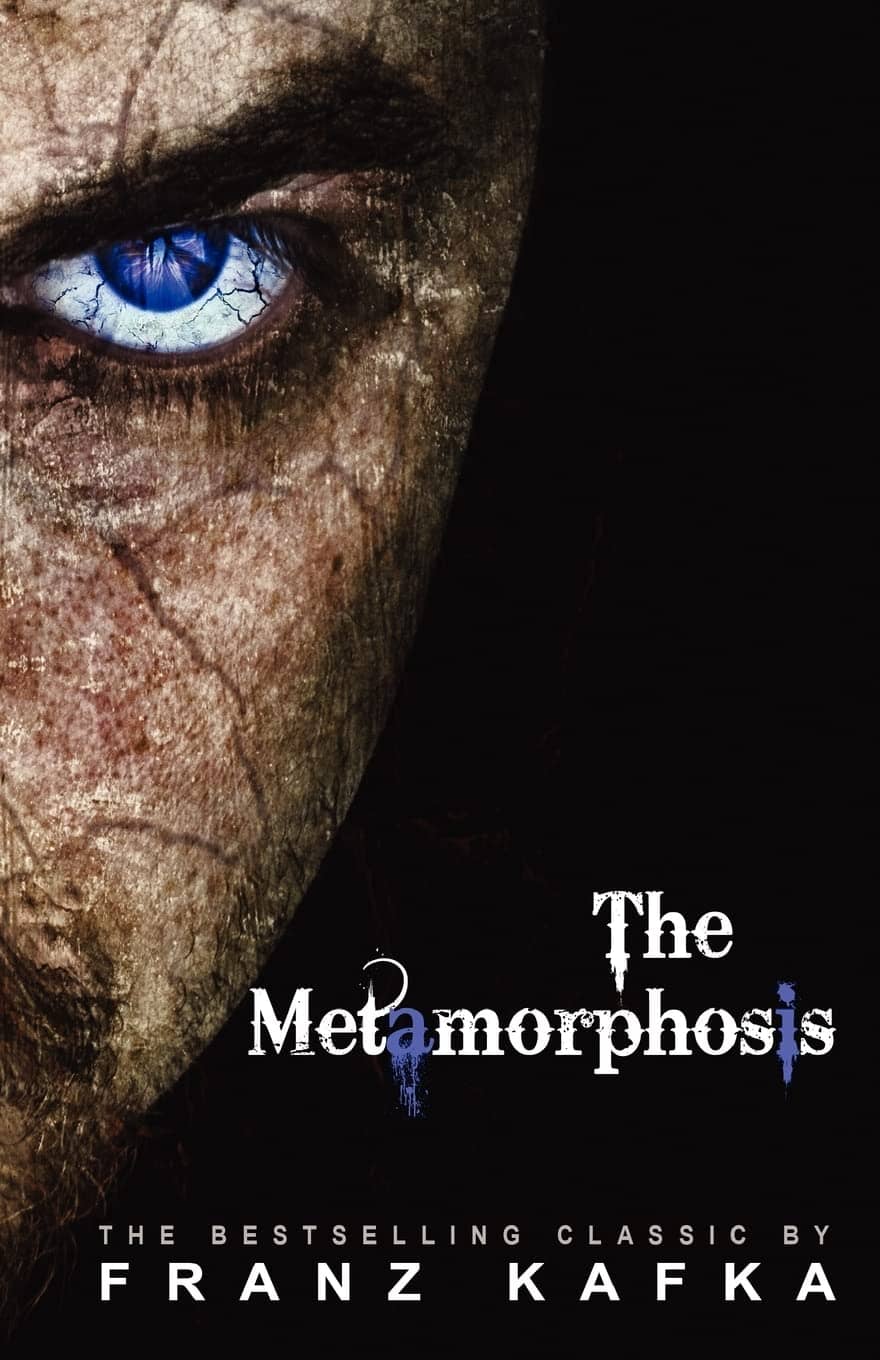There are many books that can be compared to “Life of Pi” in terms of their themes, writing style, and overall impact on the reader. Some of these books include “The Alchemist” by Paulo Coelho, “The Old Man and the Sea” by Ernest Hemingway, and “The Kite Runner” by Khaled Hosseini. These books, like “Life of Pi”, explore the human condition and the struggle for survival in challenging circumstances.
1. The Name of the Rose, by Umberto Eco
The Name of the Rose is a novel that explores the themes of storytelling and truth, much like Life of Pi. Although it presents itself as a murder mystery, the narrative delves deeper into philosophical, theological, historical, scholarly, and esoteric theories of truth.
The story takes place in Italy in 1327, where an investigation into Benedictines suspected of heresy is quickly overshadowed by a series of mysterious deaths. Brother William of Baskerville arrives to investigate the strange events taking place at the Abbey and enlists the help of Brothers Aristotle, Aquinas, and Roger Bacon.
Umberto Eco’s novel is known for its complexity and depth, with many layers of code-cracking and symbol-deciphering to be discovered. The Name of the Rose is a thought-provoking and intriguing novel that explores the nature of truth and the power of storytelling.
2. The God of Small Things, by Arundhati Roy
Arundhati Roy’s Booker Prize-winning novel, The God of Small Things, tells the story of fraternal twins, Estha and Rahel, whose childhoods were marked by tragedy. The novel is set in Kerala, India, and is narrated mainly through the eyes of the twins. Roy’s unique style of storytelling, with revolving timelines and out-of-order events, adds a magical quality to the book.
The God of Small Things delves into the cultural tensions in India, the political landscape, religious caste relations, and the outdated “Love Laws” that dictate who should be loved and how much. The book brings these issues into sharp focus, just as Martel’s Life of Pi emphasizes the art of storytelling and truth.
Readers will find something new to love about The God of Small Things every time they pick it up. Roy’s storytelling style ensures that there is always something new to discover in this book.
3. Max and the Cats, by Moacyr Scliar
Max and the Cats is a novella written by Moacyr Scliar, which has been compared to Yann Martel’s Life of Pi due to both books featuring big cats on boats and survival at sea. However, the two books differ greatly in their overarching themes. While Martel’s novel explores faith and imagination, Scliar’s novella serves as a political allegory and a metaphor for Nazism and the military regime in Brazil.
The story follows Max Schmidt, who worked at his father’s fur store in Nazi Germany as a child, where he met the married clerk who would later become his wife. When Max’s affair with the clerk is discovered, he is forced to flee the Nazi secret police and boards a freighter full of zoo animals bound for Brazil. However, disaster strikes when the ship sinks, leaving Max stranded in the jungle with a hungry jaguar in a dinghy.
Max and the Cats is an incredibly surreal and innovative story concept that explores much more than just survival at sea. The novella has been praised for its political commentary and use of metaphor to address the issues of Nazism and the military regime in Brazil. Readers who enjoy books like Life of Pi will find Max and the Cats to be a captivating and thought-provoking read.
4. The Fountainhead, by Ayn Rand
The Fountainhead, published in 1943, is a novel that explores the conflict between individuality and society. The protagonist, Howard Roark, is a young architect who refuses to compromise his principles to conform to societal norms. As a result, he faces numerous job rejections and loses his love interest, Dominique Francon, to his bitter rival.
Despite the losses and difficulties, Roark remains true to himself, which highlights the importance of man’s ego as the source of human progress. This novel is still relevant today, and readers of Life of Pi can find a lot to unpack from the groundbreaking philosophy of objectivism that Rand is said to have pioneered and that brought her worldwide acclaim.
The Fountainhead’s exploration of individualism versus societal norms is a timeless theme that continues to resonate with readers. Rand’s portrayal of Roark’s unwavering commitment to his principles serves as a powerful reminder of the importance of staying true to oneself, even in the face of adversity.
5. The Da Vinci Code, by Dan Brown
The Da Vinci Code is a novel that has been the subject of much controversy since its publication in 2003. The book’s premise challenges readers to question their beliefs and what they have been taught. It suggests that Jesus Christ and Mary Magdalene had a child together, which goes against traditional Christian teachings.
The story follows Robert Langdon, a Harvard-educated symbolist, who is tasked with solving the mystery surrounding the death of an elderly curator at the Louvre museum. Langdon must decipher the codes and symbols hidden within Leonardo Da Vinci’s artwork to uncover an ancient secret.
While not as philosophical or allegorical as other books on this list, The Da Vinci Code’s mystery and suspense draw readers into an alternate universe and encourage them to view things in a different light. The book’s theories immerse readers and make them question what they know.
6. The Stranger, by Albert Camus
The Stranger is a novel by Albert Camus that explores the concept of existentialism. The story centers around Meursault, a French Algerian who is caught up in a murder on a beach in Algeria. Meursault’s trial reveals the absurdity of human existence and the meaninglessness of life.
The novel is known for its concise length and its ability to provoke deep reflection and analysis. It is a must-read for readers who enjoy philosophical novels like Life of Pi.
Despite its heavy themes, The Stranger is a captivating and thought-provoking read. It challenges readers to question their own beliefs and values, and to come to terms with the inevitability of death.
For those who have read and enjoyed The Stranger, there are many other books that explore similar themes and ideas. A selection of these books can be found for further reading.
7. The Old Man and the Sea, by Ernest Hemingway
Ernest Hemingway’s novel, The Old Man and the Sea, tells the story of Santiago, an elderly Cuban fisherman who has not caught a fish in 84 days and is being ridiculed by the townspeople. Determined to end his bad luck, Santiago ventures out into the Gulf Stream in search of a big catch.
After a few days of fishing, Santiago finally hooks an enormous Marlin. The battle between the old man and the fish lasts for three days, during which both Santiago and the Marlin refuse to give up.
Throughout the novel, Santiago is often compared to Christ, and the ocean is portrayed as a symbol of God’s sorrow, as well as a motif of power, strength, life, hope, and truth.
The Old Man and the Sea is widely regarded as one of Hemingway’s most famous works. Despite being published in his final years, it remains a popular and well-known piece of literature.
While some may compare The Old Man and the Sea to other works of fiction, such as Life of Pi, it can still be appreciated for its own merits as a gripping tale of one man’s struggle against nature.
8. The Metamorphosis, by Franz Kafka
The Metamorphosis, written by Franz Kafka, is a novel that has been subject to much debate and interpretation over the years. The story revolves around a salesman named Gregor Samsa who, overnight, turns into a grotesque insect and is shunned by his family.
While some readers interpret the novel as a bizarre tale, others view it as a representation of alienation and loneliness. Some critics suggest that Kafka’s alleged father complex can be seen in the plot, while others allude to religious and psychological connotations.
Despite the varying interpretations, The Metamorphosis remains one of the most widely read novels of 20th Century literature. Kafka’s fusion of the real with the fantastic takes readers on a journey out of this world, and his rich prose is thoroughly enjoyable to read.
Summary
Books like Life of Pi have captivated readers with their unique storytelling and themes of survival, adventure, and self-discovery. Some notable examples include The Martian by Andy Weir, The Alchemist by Paulo Coelho, and The Road by Cormac McCarthy. These books offer readers a similar sense of wonder and introspection, making them excellent choices for fans of Life of Pi.
